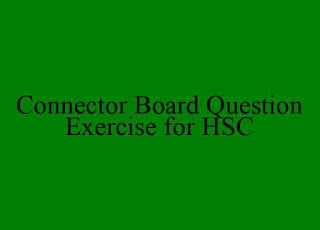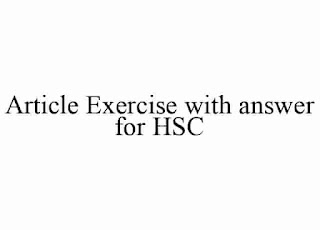Different between strong verb and weak verb
Strong verb ও weak verb- এর মধ্যে পার্থক্য হলো:
Strong verb গুলোর past form ও past participle form পরিবর্তন হওয়ার সময় vowel- এর পরিবর্তন ঘটে।যেমন:
Run – Ran— Run
Make - Made - Made
আর weak verb গুলোর past ও past participle form পরিবর্তনের সময় মূল শব্দটির format- এ কোনো পরিবর্তন ঘটে না বরং ed যোগ হয় অথবা কোনো কোনো vowel পড়ে যায়। যেমন:
Walk - Walked— Walked
Sleep Slept Slept ইত্যাদি
Strong vs Weak Verbs
In English, the past tense and past participle of verbs are typically formed in one of two ways: either by adding a suffix, such as -ed or -en, or by changing the vowel sound of the verb. Verbs that form their past tense and past participle by adding a suffix are called weak verbs, while verbs that form their past tense and past participle by changing the vowel sound are called strong verbs.
For example, the verb "sing" is a strong verb because it becomes "sang" in the past tense and "sung" in the past participle. In contrast, the verb "walk" is a weak verb because it becomes "walked" in the past tense and "walked" in the past participle.
Here are some more examples to illustrate the difference between strong and weak verbs:
Strong verbs:
eat (ate, eaten)
speak (spoke, spoken)
swim (swam, swum)
break (broke, broken)
ride (rode, ridden)
drink (drank, drunk)
hide (hid, hidden)
Weak verbs:
work (worked)
play (played)
love (loved)
watch (watched)
dance (danced)
laugh (laughed)
cry (cried)
It's worth noting that the past tense and past participle forms of some verbs can be formed in more than one way, depending on the context in which they are used. For example, the verb "learn" can be either a strong verb (learned, learned) or a weak verb (learnt, learnt). In general, the weak forms are more common in modern English, although the strong forms are still used in some contexts.
I hope this helps to clarify the difference between strong and weak verbs!


